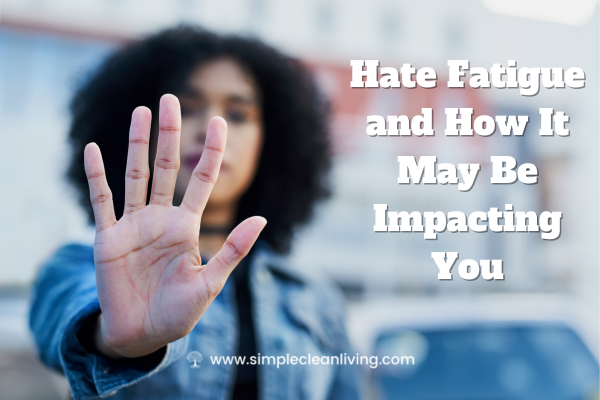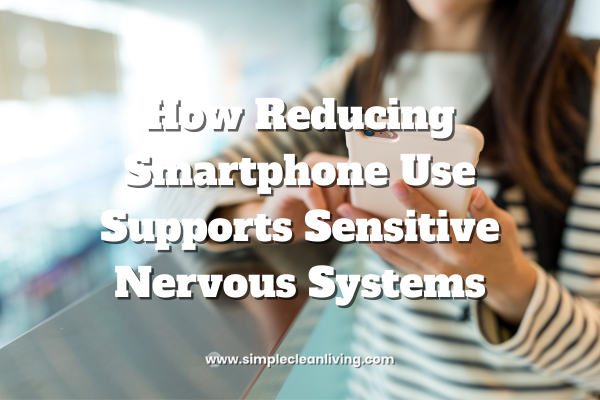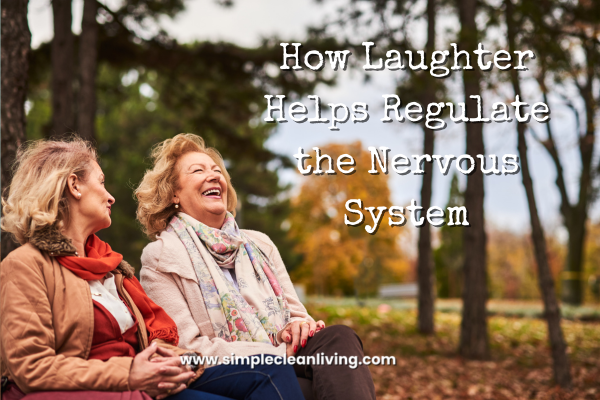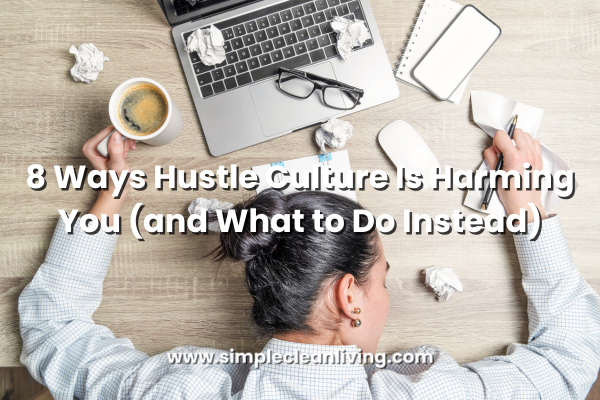Notice: I’m an affiliate for Amazon as well as other companies. Any links in this article may be affiliate links. I always appreciate it if you purchase something using my affiliate links. Doing so helps me to raise a little extra money that pays for the costs of running this site. And it allows me to continue bringing you quality content, all without costing you a thing! Thanks!
Are you struggling with hate fatigue? It is a problem that most people don’t even know exists. And it may be impacting you!
I don’t know if you’ve noticed, but it seems like a lot more people are being mean online and throwing hate around these days. There seems to be less empathy and compassion. And it is exhausting! I recently asked my followers on social media how the increase in meanness and hate made them feel, and overwhelmingly they agreed.
I think we’re all at a point where we want to experience more kindness, joy, love, compassion, and community. Now more than ever most of us are suffering from hate fatigue.
What is hate fatigue?
Hate fatigue is a psychological and emotional phenomenon. It can occur when individuals or groups become exhausted or desensitized due to prolonged exposure to hate, bigotry, or discrimination. This can happen in personal relationships or communities. But it can also occur in media consumption, where people repeatedly encounter hateful rhetoric, violence, or discriminatory behavior.
Signs of Hate Fatigue
Emotional Exhaustion
If you are constantly bombarded with exposure to hate it can lead to feelings of overwhelming exhaustion. You may even feel drained and unable to emotionally engage with or respond to the hatred you encounter.
Desensitization
Over time, you may become desensitized to hate. This means you may be less shocked or emotionally affected by it. This can be a coping mechanism but might also lead to apathy.
Less Empathy
As a result of hate fatigue, you may experience a decline in your ability to empathize with victims of hate or discrimination. This can lead to a more indifferent or detached attitude.
Burnout
Hate fatigue can contribute to burnout, especially for activists, advocates, or anyone regularly engaged in efforts to combat hate and discrimination. They may feel they can no longer continue their efforts with the same energy or passion. Those who are empaths or highly sensitive to hate energy may also find themselves quickly falling into a state of burnout.
Cynicism
Those experiencing hate fatigue might develop a cynical outlook, believing that hate and bigotry are too pervasive to combat effectively, which can lead to disengagement from activism or social justice efforts.
Hate fatigue is significant because it can hinder efforts to create positive social change and can negatively impact mental health, making it important for individuals and communities to recognize and address it.
How can someone overcome hate fatigue?
Self-Care and Rest
I am always a big proponent of self-care, especially if you are highly sensitive! Here are a few things you can do.
- Take Breaks: Give yourself permission to step away from stressful or toxic environments, whether online or offline. Regular breaks can help you recharge.
- Engage in Relaxing Activities: Find activities that help you relax and decompress. Activities such as meditation, exercise, reading, or spending time in nature can all be relaxing.
- Limit Exposure: Limit your media consumption by setting boundaries around how much news or social media you consume, especially content that is upsetting or triggering.
Get Support
You do not have to face this alone. If you are struggling, reach out to someone who can help!
- Connect with Supportive Communities: Connect with groups or individuals who share your values and can offer emotional support, understanding, and encouragement. Doing so helps to keep you from feeling isolated.
- Talk About Your Feelings: Sharing your experiences and feelings with trusted friends, family, or a therapist can help alleviate the burden of hate fatigue.
- Join Peer Support Groups: Many people who face similar challenges find comfort and strength in peer support groups where they can discuss their experiences and strategies.
Change Your Perspective:
How you view things can make a difference.
- Focus on Small Wins: Instead of feeling overwhelmed by how big the problem, is, celebrate small victories and progress, no matter how minor they seem.
- Practice Gratitude: Regularly reflect on the positive aspects of your life and the world. This can help balance out the negativity and reduce feelings of hopelessness.
Take Meaningful Action
If you feel called to act, there are things you can do to take meaningful action.
- Participate in Activism Strategically: Focus your energy on causes that matter to you, but be mindful of not overextending yourself. Pick battles that you are passionate about and where you feel you can make a difference.
- Delegate and Collaborate: Share responsibilities with others. Collaborative efforts can lessen the burden and also build a sense of community.
- Use Your Skills and Talents: Engage in actions that align with your strengths. This can be done through art, writing, organizing, or another form of advocacy. This can help you feel more effective and energized.
Build Resilience
- Develop Coping Mechanisms: Learn and practice coping strategies that help you manage stress and maintain your emotional balance. Use techniques such as mindfulness techniques, journaling, or deep breathing exercises.
- Embrace Imperfection: Understand that you can’t solve everything and that it’s okay to not have all the answers. Give yourself permission to not be perfect in your efforts.
Stay informed, but find a balance
How much are you scrolling social media or watching the news? It may be important to find balance.
- Stay Educated: Continue to educate yourself on issues of hate and discrimination. But be sure to balance it with positive news and stories of hope and resilience. If you focus only on the negative it can be easy to lose hope.
- Promote Positive Narratives: Share stories and examples of kindness, inclusivity, and progress. Focusing on positive narratives can counterbalance the negativity and provide inspiration to others.
Rediscover your purpose and passion
- Reconnect with Your Why: Reflect on why you started your work or activism in the first place. Rediscovering your core motivations can reignite your passion and commitment.
- Realign with Your Values: Ensure that your actions and efforts are aligned with your personal values and beliefs. This alignment can provide a deeper sense of purpose and fulfillment.
Overcoming hate fatigue is not about ignoring the issues but rather finding sustainable ways to continue the fight against hate without sacrificing your mental and emotional well-being. Always be sure to make self-care a priority and prioritize your mental health. Check in with yourself regularly so that you avoid burning out.




